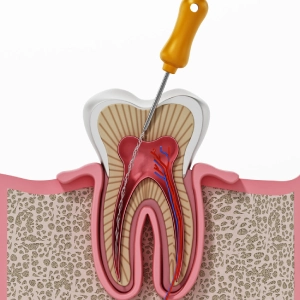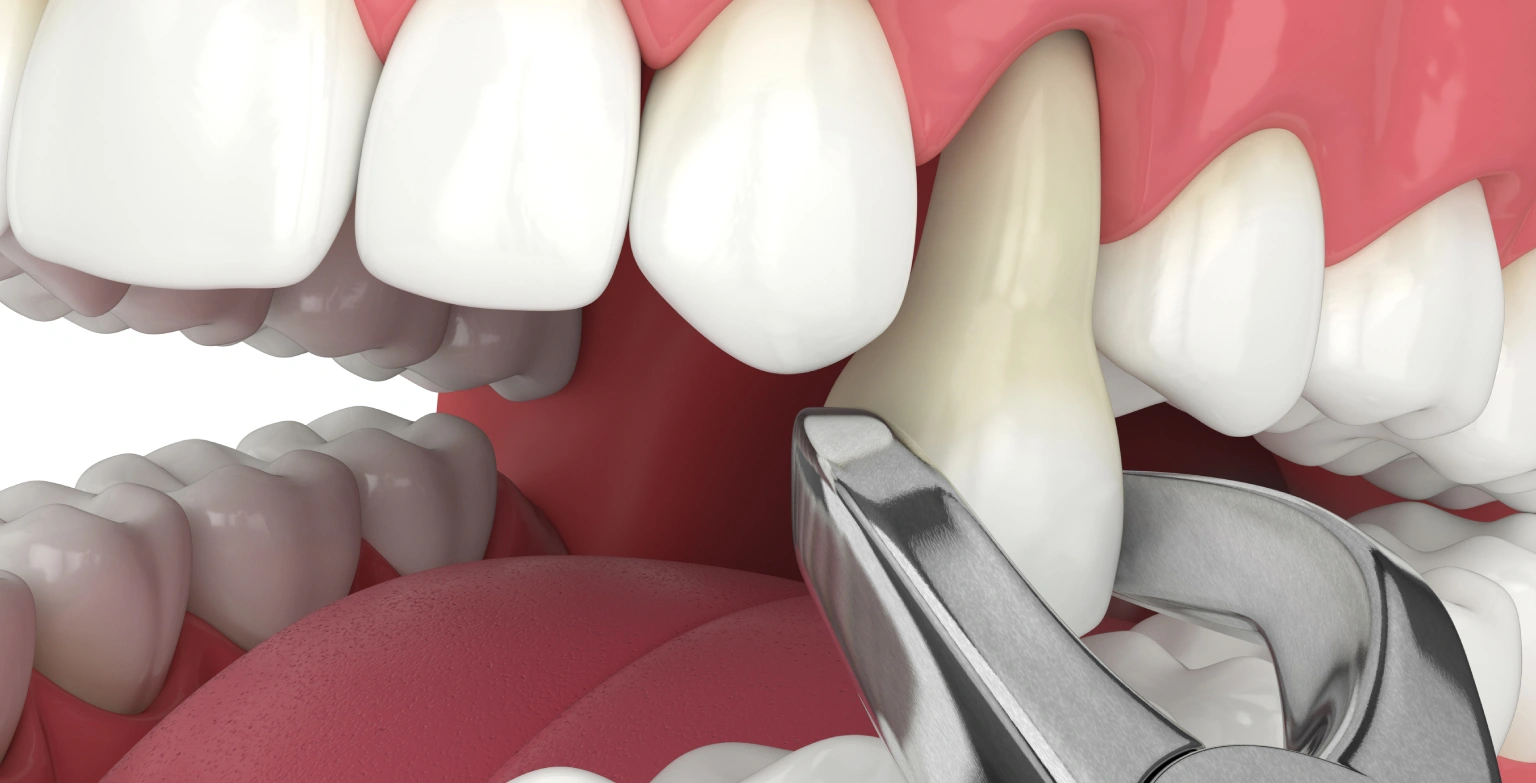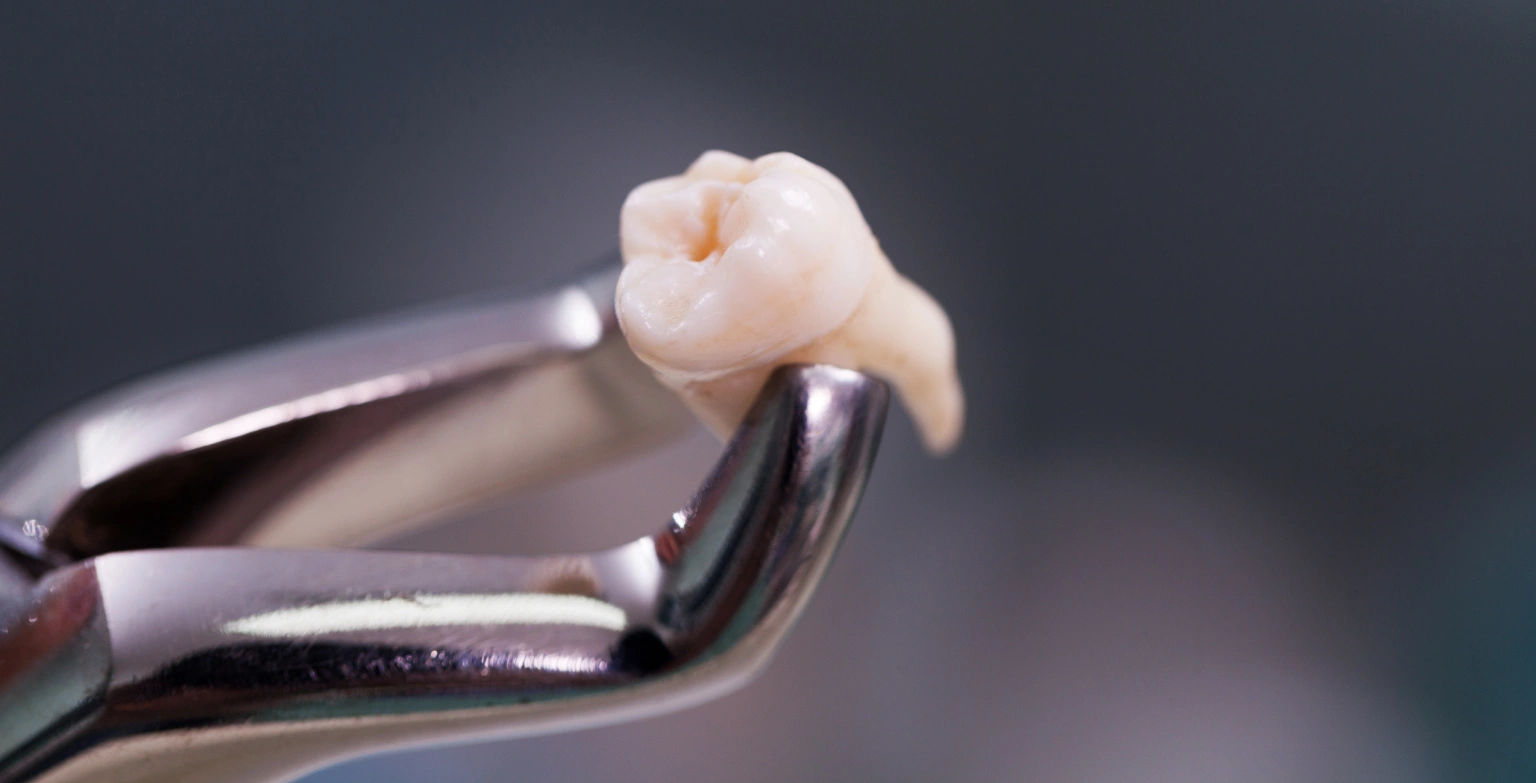Root canal procedures are a common form of dental treatment that can be used to save teeth from severe damage due to decay, trauma or infection. The procedure involves the removal of the pulp from inside a tooth’s root and replacement with an artificial material in order to prevent further deterioration. Since this process can be quite intimidating for some people, it is important to understand exactly what you should expect before undergoing a root canal treatment.
 Prior to the procedure, your dentist will perform an oral exam and take X-rays of the area in question so they can properly assess your condition. It is also important to inform your dentist if you have any allergies as this may affect which medications or materials they use during the procedure. After completing the initial evaluation, your dentist will discuss all relevant details and answer any questions that you may have about what is involved in a root canal treatment.
Prior to the procedure, your dentist will perform an oral exam and take X-rays of the area in question so they can properly assess your condition. It is also important to inform your dentist if you have any allergies as this may affect which medications or materials they use during the procedure. After completing the initial evaluation, your dentist will discuss all relevant details and answer any questions that you may have about what is involved in a root canal treatment.
Once you are ready to proceed with the operation, your dentist will numb the affected area using local anaesthetic so that you do not feel any pain during the procedure itself. During this time, your dentist will create an opening into the crown of the tooth in order for them to access its interior where they will then remove all infected material (including nerves and blood vessels) from within its roots using specialized tools. Once all damaged tissue has been removed, they will replace it with a rubber-like filling material known as gutta-percha or a similar substance in order to prevent further decay or infection from developing.
In most cases, after completing the root canal procedure, dentists recommend having the tooth covered with a protective crown or filling material so as to protect it from additional damage due to wear or tear over time and provide it with much needed extra strength against further infection or decay. It is also very important for patients who have undergone such operations to maintain proper oral hygiene in order for their teeth and gums remain healthy; brushing twice daily with fluoridated toothpaste along with flossing regularly helps keep bacteria levels low while avoiding sugary snacks and acidic drinks prevents plaque build-up between check-ups at the dentist’s office.
By taking these steps towards protecting oral health, individuals should be able enjoy good dental health throughout their lives, even when dealing with root canal procedures!






